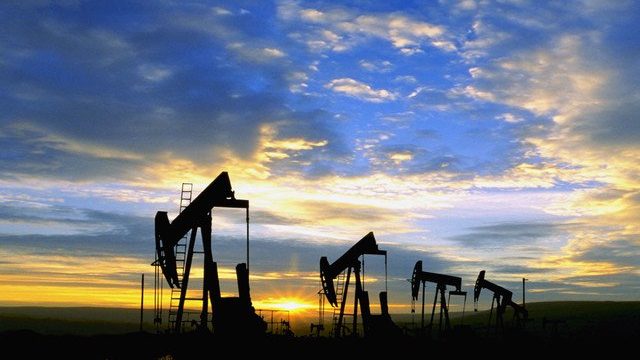The Further You Get From North Dakota, The Poorer You Are

The headline is a little bit factious. We’re not talking about the further you are from from North Dakota anywhere in the world, but in the upper great plains region the further you get from the epicenter of the Bakken oil boom in western North Dakota the lower income levels go, and the higher unemployment rates go.
That per the Minneapolis Fed.
Here’s the region:

Here’s the unemployment rate, charted by distance from the Bakken oil patch:

And here’s pay, also charted by distance away from the oil patch:

In a timeline North Dakotans will be familiar with, because it closely follows the pace of activity in the boom, it appears as though this correlation between distance and economic health began in 2004 and really took off in 2009 per the report:
Wage growth in the Bakken began to separate from other counties in 2004 and accelerated after 2005, the start of the oil boom (see Chart 1). But wage growth in counties up to 100 miles away from the Bakken didn’t separate from other non-Bakken counties until 2009.
Unemployment rates across these areas looked quite similar in 2003 and continued lower in a fairly tight band until about 2008. But a notable divergence sprouted in 2009. While rates went up across the board, they rose faster in relation to the distance from the Bakken. Beginning in 2010, unemployment rates started falling, but did so much faster in Bakken counties, and there is now a much wider spread of unemployment rates that adhere very closely to the distance from the Bakken.
Here’s the chart showing the trend over time:

There’s no other way to see the impact of the oil boom on the region’s economy but profound. The question is, will it be lasting? Will this wage growth, for instance, reverse when the frantic activity from the peak of the boom is over?
Given the way the State of North Dakota has been growing spending, they’re betting on it.







